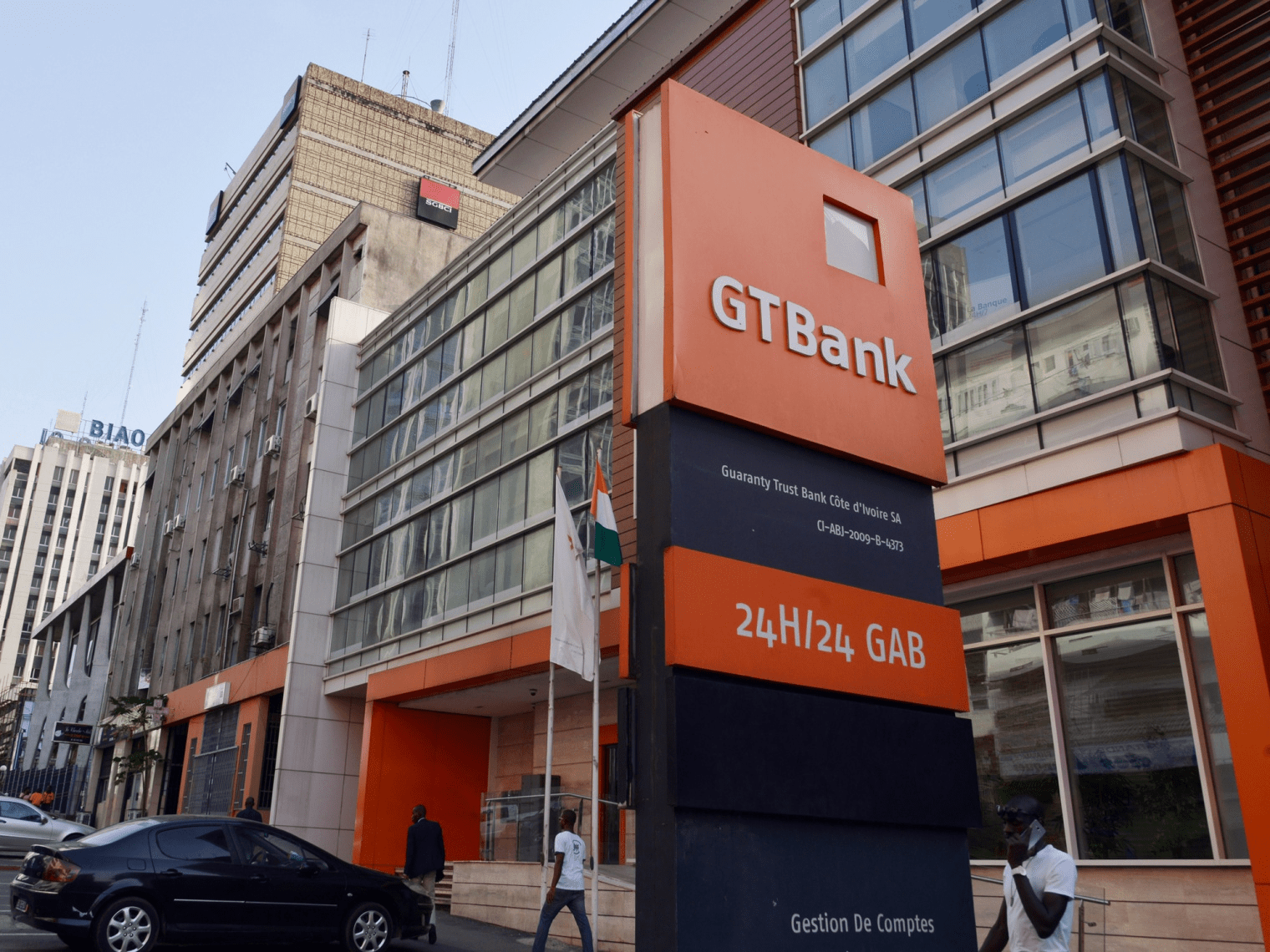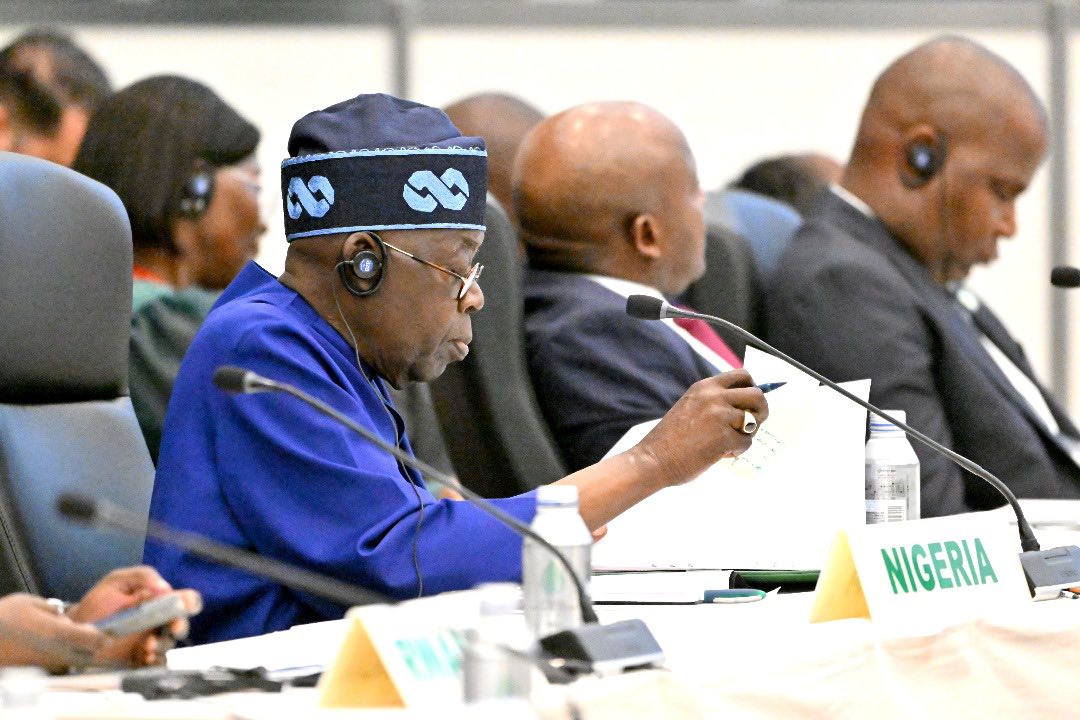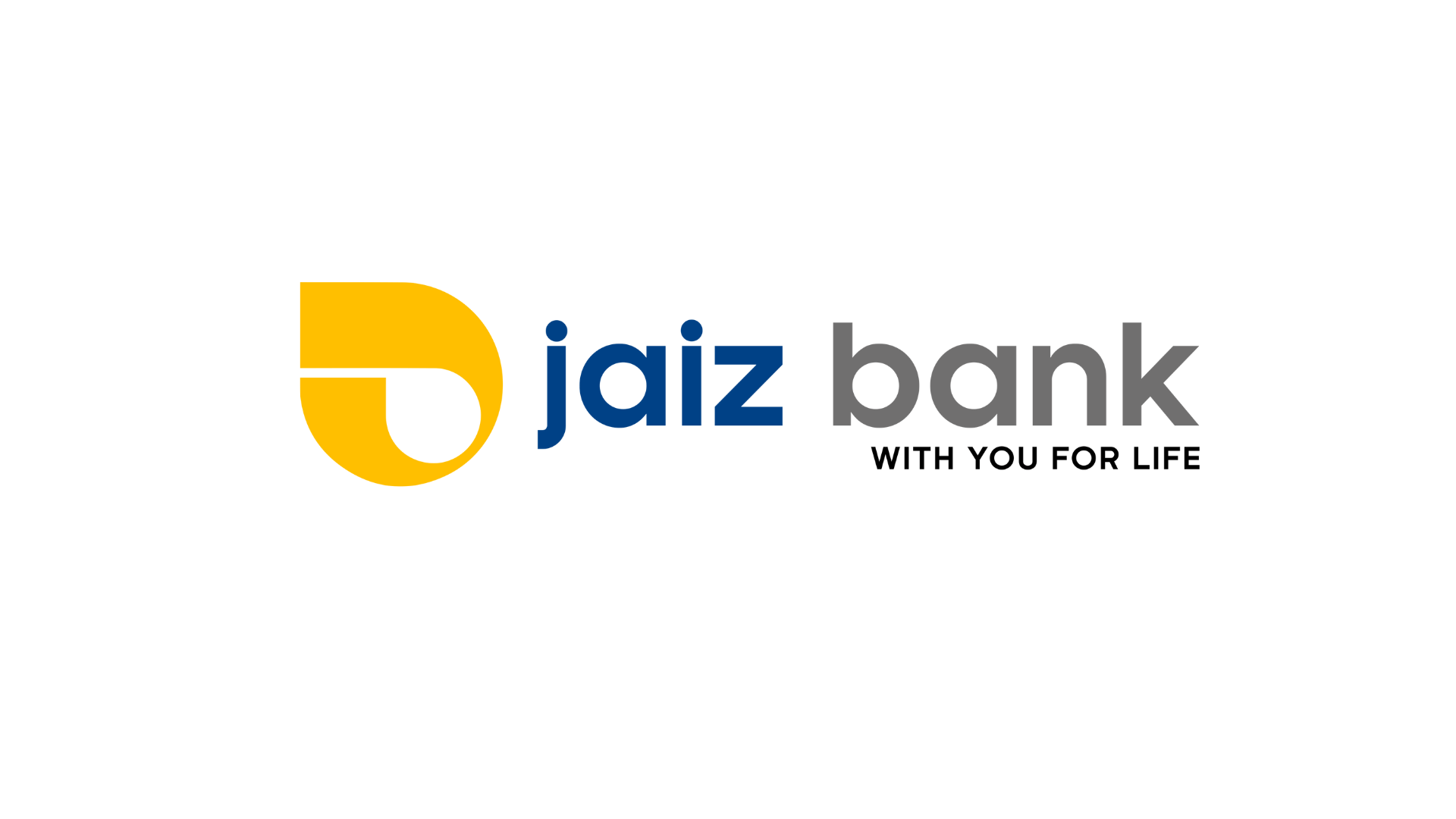BREAKING: Appeal Court Upholds Okpebholo’s Election As Edo Governor, Dismisses PDP’s Appeal
In a judgment delivered on Thursday, the appellate court dismissed the petition filed by Asue Ighodalo, candidate of the Peoples Democratic Party (PDP), challenging the outcome of the September 21,…
Tinubu: Nigeria is Working, Our Worst Days Now Behind Us
Tinubu: Nigeria is Working, Our Worst Days Now Behind Us
•Declares zero VAT on food, education, healthcare, rent, others
•Discloses external reserves grew by 500% from $4bn to over $23bn
Emmanuel Addeh in Abuja
President Bola Ahmed Tinubu has maintained that the economic reforms which he embarked upon in the last two years are working and yielding the expected results, insisting that the worst is already behind the country.
In a nationwide broadcast Thursday morning, to mark the second year since he assumed office, the President dismissed recent concerns over fluctuating crude oil prices, which recently hit $58/barrel, despite a $75/barrel budget benchmark, pointing out that Nigeria’s fiscal targets for 2025 remain on track.
On the second anniversary of the administration, the President also declared zero Value Added Tax (VAT) on key commodities like food, education, healthcare, rent, among other essential commodities, in a bid to reduce the taxation burden on households.
Tinubu, who took office in May 2023 has embarked on a broad range of economic reforms, which though seen as harsh on Nigerians, are largely acknowledged as necessary.
The President agreed that in the process of implementing the reforms necessary to strengthen the economy and deliver shared prosperity, there had been some difficulties experienced by compatriots and families.
Noting that he does not take Nigerians’ patience for granted, the Nigerian leader restated that the only alternative to the reforms the administration initiated was a fiscal crisis that would have bred runaway inflation, external debt default, crippling fuel shortages, a plunging Naira, and an economy in a free-fall.
He argued that despite the bump in the cost of living, Nigeria has made ‘undeniable’ progress, stressing that inflation has begun to ease, with rice prices and other staples declining.
Besides, Tinubu stated that the oil and gas sector is recovering, with rig counts up by over 400 per cent in 2025 compared to 2021, and over $8 billion in new investments having been committed. He added that the administration has stabilised the economy and is now better positioned for growth and prepared to withstand global shocks.
In 2025, Tinubu stated that Nigeria remains on track with its fiscal targets, with gross proceeds per barrel from crude oil broadly aligned with forecasts as the country intensifies efforts to ramp up production. According to him, the nation’s fiscal deficit has narrowed sharply from 5.4 per cent of Gross Domestic Product (GDP) in 2023 to 3.0 per cent in 2024.
Tinubu highlighted that the economic and general situation of the country he inherited required that he redirected the country’s affairs with a bold and new vision, especially the implementation of two necessary policies to stop the country from further drifting into the precipice.
The President stressed that it was apparent that if the federal government and the other two tiers of government must remain viable and cater to the citizens’ welfare, it must do away with decades-long fuel subsidies and the ‘corruption-ridden’ multiple foreign exchange windows, noting that the two were no longer sustainable.
“Today, I proudly affirm that our economic reforms are working. We are on course to building a greater, more economically stable nation,” the Nigerian leader said, adding that: “By the Grace of God, we are confident that the worst is behind us.”
While thanking fellow citizens for their unrelenting support and belief in the grand vision, Tinubu noted that May 29, 2025, offers the administration the opportunity to share again how far it has gone and the progress in steering the country along the critical path of socio-economic development.
Tinubu stated that there has been improved revenue generation and greater transparency in government finances, emphasising that the first quarter of this year, Nigeria recorded over N6 trillion in revenue.
He reiterated that the country discontinued ‘Ways & Means’ financing, which he said has been a major contributor to high and sticky inflation, while the Nigerian National Petroleum Company Limited (NNPC), no longer burdened by unsustainable fuel subsidies, is now a net contributor to the Federation Account.
“Our debt position is improving. While foreign exchange revaluation pushed our debt-to-GDP ratio to around 53 per cent, our debt service-to-revenue ratio dropped from nearly 100 per cent in 2022 to under 40 per cent by 2024. We paid off our IMF obligations and grew our net external reserves by almost 500 per cent from $4 billion in 2023 to over $23 billion by the end of 2024.
“Thanks to our reforms, state revenue increased by over N6 trillion in 2024, ensuring that subnational governments can reduce their debt burden, meet salaries and pension obligations on a timely basis, and invest more in critical infrastructure and human capital development.
“One of our administration’s most impactful achievements is our bold tax reform agenda, which is already yielding results. By the end of 2024, our tax-to-GDP ratio rose from 10 per cent to over 13.5 per cent, a remarkable leap in just one year. This was not by accident. It results from deliberate improvement in our tax administration and policies designed to make our tax system fairer, more efficient, and more growth-oriented.
“We are eliminating the burden of multiple taxation, making it easier for small businesses to grow and join the formal economy. The tax reforms will protect low-income households and support workers by expanding their disposable income. Essential goods and services such as food, education, and healthcare will now attract 0 per cent VAT. Rent, public transportation, and renewable energy will be fully exempted from VAT to reduce household costs further.
“We are ending the era of wasteful and opaque tax waivers. Instead, we have introduced targeted and transparent incentives supporting high-impact manufacturing, technology, and agriculture sectors. These reforms are not just about revenue but about stimulating inclusive economic growth,” Tinubu pointed out.
According to him, there is a deliberate focus on the youth, who a friendlier tax environment for digital jobs and remote work will empower, adding that through export incentives, Nigerian businesses will be able to compete globally.
To promote fairness and accountability, he stated that the country is establishing a Tax Ombudsman, an independent institution that will protect vulnerable taxpayers and ensure the system works for everyone, especially small businesses.
Most importantly, Tinubu posited that Nigeria is laying the foundation for a more sustainable future by introducing a new national fiscal policy. This strategic framework, he said, will guide our approach to fair taxation, responsible borrowing, and disciplined spending.
“These reforms are designed to reduce the cost of living, promote economic justice, and build a business-friendly economy that attracts investment and supports every Nigerian. Together, we are creating a system where prosperity is shared, and no one is left behind,” he stressed.
Tinubu said his administration has breathed new life into the solid minerals sector as part of efforts to diversify the economy, while revenue has increased phenomenally, and investors are setting up processing plants as the sector dumps the old pit-to-port policy and embraces a new value-added policy. Furthermore, he argued that the government has repositioned the health sector despite all odds, with over 1,000 Primary Health Centres being revitalised nationwide, and an additional 5,500 PHCs being
Kano DPO Killed By Angry Youths Over Suspect’s Death Had Previously Tortured Two Friends To Death In Bauchi, Left Another Badly Injured
The crowd stormed the police station, set it on fire, and severely beat the DPO, who later died in the hospital from his injuries. ArticlesRead More
Group Protests In Abuja, Demands Sowore’s Prosecution For Criticising Peter Obi, Saraki, Other Politicians
Last week, SaharaReporters detailed how the Concerned Christian Youth Forum (CCYF) held a protest in Abuja, decrying what it called escalating attacks on the Christian faith and its leaders. ArticlesRead More
BREAKING: Popular Kenyan Author Ngugi Wa Thiong’o Is Dead
This was disclosed by his daughter, who is also a writer, Wanjiku Wa Ngugi, on Wednesday in a Facebook post. ArticlesRead More
Niger State Workers Lament 10% Deductions In May Salary, Third-Party Charges
SaharaReporters exclusively gathered that many workers say the sudden reductions took them by surprise and have raised concerns about the impact on their livelihoods. ArticlesRead More
Over 1200 Nigerians Dead, 1.2million Others Displaced During 2024 Floods – NEMA
A total of 5,264,097 Nigerians were affected by last year’s floods, with 16,469 people injured and over 1.4 million farmlands damaged. ArticlesRead More
Over N48billion Moved From Nigeria To Dubai, Hong Kong In Suspicious Transactions — Report
According to the report, the unit received 401 Suspicious Transaction Reports (STRs) linked to both regions within the period under review. ArticlesRead More
Nigeria Approves $500m for AfDB’s Trust Fund Replenishment over Next 15 Years
Nigeria Approves $500m for AfDB’s Trust Fund Replenishment over Next 15 Years
*Adesina thanks Tinubu, Shettima for renewed commitment to Africa’s devt
Nume Ekeghe in Abidjan
Nigeria has approved a fresh $500 million replenishment of the Nigeria Trust Fund (NTF) at the African Development Bank (AfDB), extending the facility for another 15 years.
President of the AfDB, Dr. Akinwumi Adesina, announced this during his opening remarks at the ongoing AfDB Annual Meetings in Abidjan as he expressed deep appreciation to President Bola Ahmed Tinubu and Vice President Kashim Shettima for their continued support.
“To President Bola Ahmed Tinubu and to Vice President Kashim Shettima, for your support over the past two years, I am profoundly grateful. Thank you for graciously approving the replenishment of the Nigeria Trust Fund for another 15 years for $500 million.”
The Nigeria Trust Fund (NTF) was set up in 1976 through an agreement between the Nigerian government and the African Development Bank Group. It’s a revolving fund that sustains itself over time and is designed to support the development of low-income African countries in need of concessional financing.
The fund can be used in a number of ways—either to co-finance projects alongside the African Development Bank and the African Development Fund (ADF) or to finance projects independently. It supports both public and private sector initiatives and can also be used to top up funding for ongoing Bank Group-backed projects.
Unlike the ADF, which allocates funds to countries, NTF resources are tied to specific projects. This allows for more flexible, needs-based support where it’s most effective.
EXCLUSIVE: Nigerian Police IG Egbetokun Battles Kidney Condition, Struggles With Office Demands
Multiple sources disclosed to the outlet that Egbetokun has been struggling with the aftermath of a kidney transplant he underwent several years ago while serving as a Chief Superintendent of…





